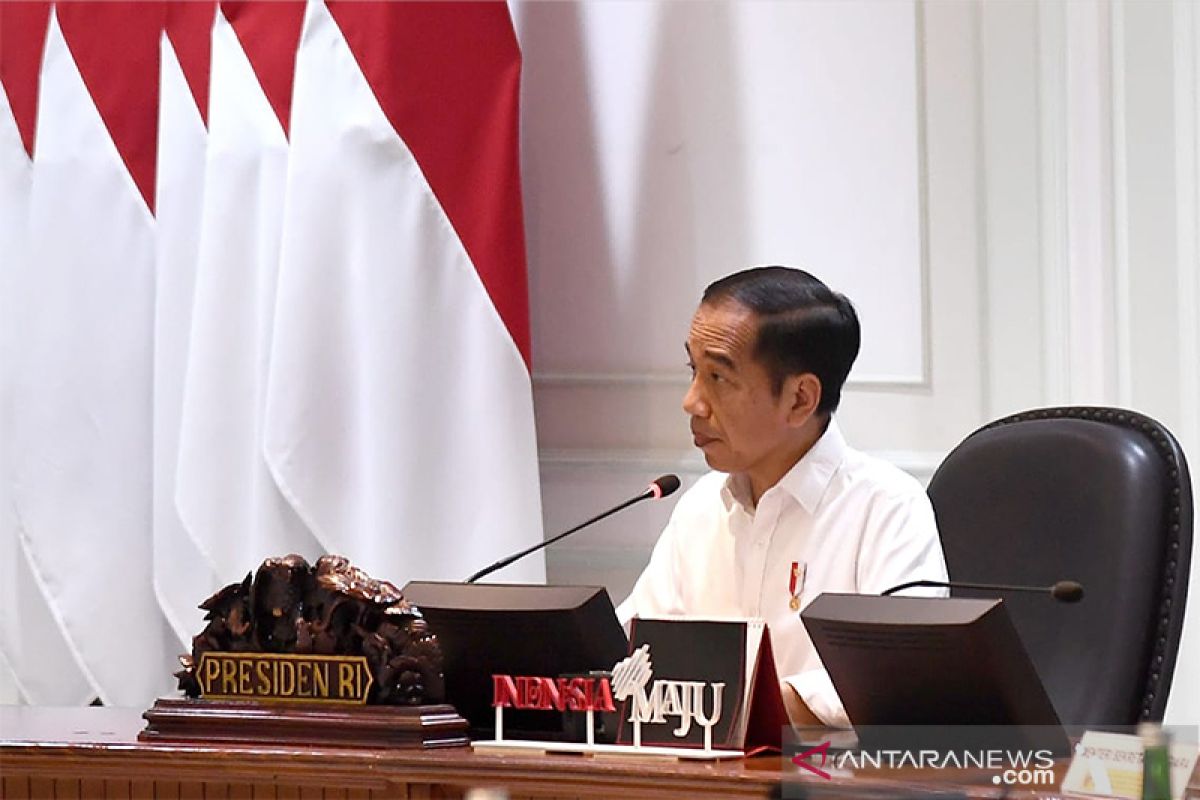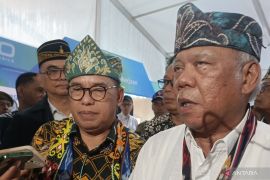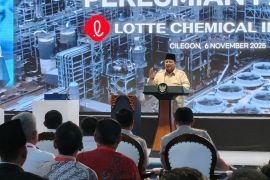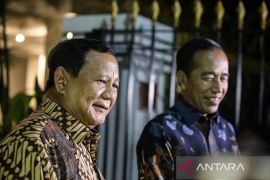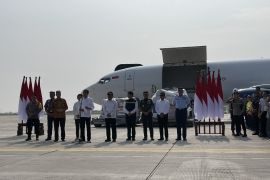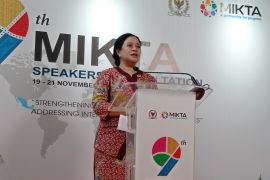The program should offer stimulus to informal workers whose incomes plunged, as they were compelled to stay at home owing to the pandemic, Jokowi remarked during a limited cabinet meeting held via videoconferencing from the Bogor Presidential Palace, West Java, on Monday.
Several informal workers, whose incomes plummeted or who lost their jobs, decided to leave Jakarta for their hometowns since the emergency response period in the capital city was enacted since March 20, 2020.
The government will offer social safety net incentives for informal workers, particularly those engaged in the micro and small business sector.
"It must be implemented immediately on the field to enable informal workers, day laborers, and street vendors to meet their daily requirements,"Jokowi affirmed.
The head of state remarked that since March 22, 2020, some 14 thousand people had departed from Jakarta, Bogor, Depok, Tangerang, Bekasi (Jabodetabek) for their hometowns in West Java, Central Java, East Java, and Yogyakarta aboard 876 buses.
Related news: Jokowi urges regional heads to tighten entry of Jabodetabek travelers
Related news: Ministry confirms 122 Indonesians overseas contracted COVID-19
Jokowi pointed out that several homebound travelers using other means of mass transportation, such as trains, ships, planes, and private vehicles, were yet unaccounted for.
The government has readied several programs to expedite the implementation of social safety nets.
The Ministry of Social Affairs earlier highlighted that the government had increased the value of social allowances for a program called the nine-basic necessity program card, from Rp150 thousand per beneficiary family (KPM) per month to Rp200 thousand/KPM/month.
Furthermore, the Ministry of Social Affairs had expedited the distribution of aid to 10 million recipients of the Family Hope Program (PKH). The PKH assistance is disbursed every three months or four times a year, specifically in January, April, July, and October on a yearly basis.
"For the second disbursement period, specifically in April, it will be advanced this March. Likewise, for the disbursement of the third period in July, it will be advanced in April," the ministry's Director General, Asep Sasa Purnama, stated on March 24, 2020.
Related news: Experts warn side-effects of disinfection chambers against COVID-19
Related news: Indonesia records 1,285 cases, 114 death toll from COVID-19
Translator: Indra Arief P, Fardah
Editor: Sri Haryati
Copyright © ANTARA 2020
